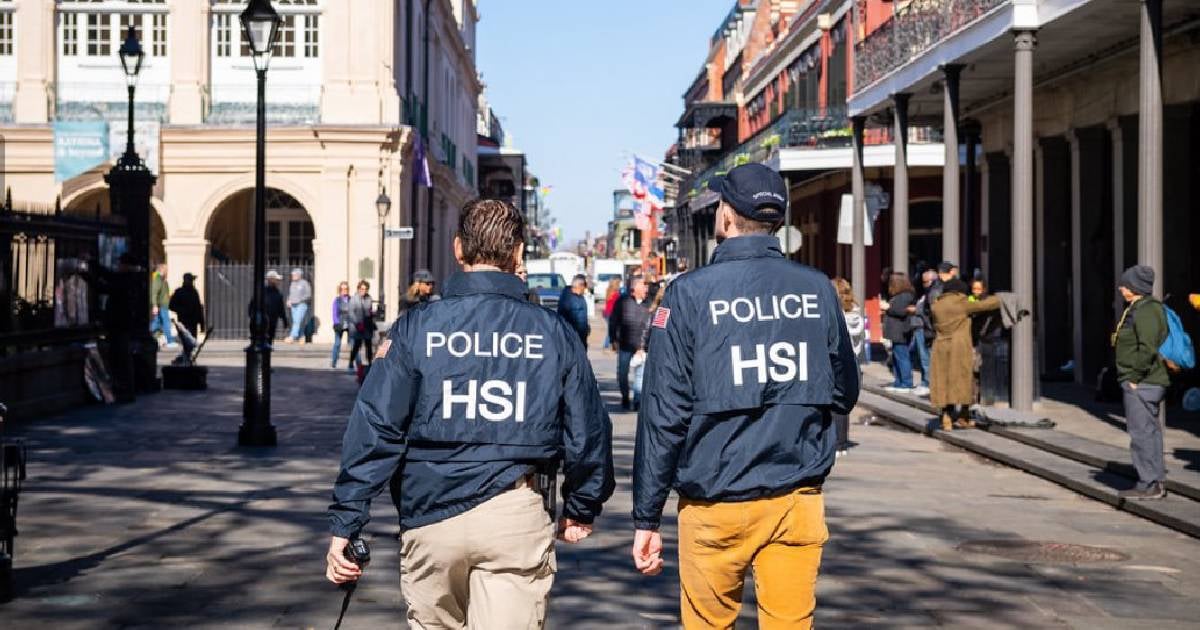In a move that has sparked debate, the United States government has put forth a proposal to expand the utilization of artificial intelligence (AI) in examining the social media accounts of immigrants applying for various immigration benefits, including citizenship, permanent residency (green card), asylum, and other authorizations. This initiative, unveiled by the Department of Homeland Security (DHS), was officially published in the Federal Register on March 5 and is currently open for public comments until May 5.
This proposal aims to enhance security checks by collecting social media identifiers and the names of platforms used by applicants. It aligns with the executive order titled "Protecting the Nation from Foreign Terrorist Entry into the United States," signed by former President Donald Trump. While applicants would not be required to submit their passwords, they would need to disclose their accounts or aliases on platforms such as Facebook, X (formerly Twitter), Instagram, TikTok, or LinkedIn to aid in the identity verification and risk assessment process.
The United States Citizenship and Immigration Services (USCIS) estimates that this measure would impact around 3.6 million individuals annually, with the goal of preventing fraud, identifying inconsistencies in applications, and bolstering national security. However, this initiative has faced criticism from civil rights organizations, such as the Brennan Center for Justice, due to concerns over privacy and freedom of expression.
"Relying on social media for high-stakes immigration decisions is troubling, especially when based on AI tools that are not error-free," warned Rachel Levinson-Waldman, director of the Liberty and National Security Program at the center, as reported by AP and cited by Florida Politics. Leon Rodríguez, former USCIS director, also voiced his concerns: "While AI can serve as an initial screening tool, it cannot replace the judgment of a trained officer and may overlook relevant content or misinterpret ambiguous posts."
The practice of monitoring immigrants' social media is not new. Initial pilot programs began under President Barack Obama's administration in 2014, as noted by the referenced news portal. In 2019, the State Department started requiring social media identifiers from nearly all visa applicants seeking entry into the U.S.
Advocacy groups fear that automating these evaluations could lead to unjust or discriminatory decisions and may result in self-censorship among vulnerable communities, such as asylum seekers fleeing political persecution. Although the U.S. government defends the measure as part of its security strategy, concerns about the extent of surveillance, transparency in AI usage, and the protection of fundamental rights continue to grow among experts and activists.
Recently, the administration of President Donald Trump issued a stern warning to migrants from Cuba, Haiti, Nicaragua, and Venezuela, whose humanitarian parole was revoked by an order from DHS. White House spokesperson Karoline Leavitt urged migrants from these nations, who now find themselves unprotected, to self-deport using the CBP Home app, a digital tool introduced by the Trump administration that allows undocumented immigrants to voluntarily report their intent to leave the country.
Understanding the Implications of AI in Immigration Decisions
What is the purpose of the proposed AI policy by the U.S. government?
The proposed AI policy aims to strengthen security checks by analyzing social media accounts of immigration applicants to prevent fraud, detect inconsistencies, and enhance national security.
What are the concerns surrounding the use of AI for social media analysis in immigration?
Concerns include the potential for errors in AI tools, issues of privacy and freedom of expression, and the risk of unjust or discriminatory decisions affecting vulnerable communities.
How does the proposal affect current immigration applicants?
Applicants would need to disclose their social media accounts as part of the identity verification and risk assessment, impacting approximately 3.6 million individuals annually.
